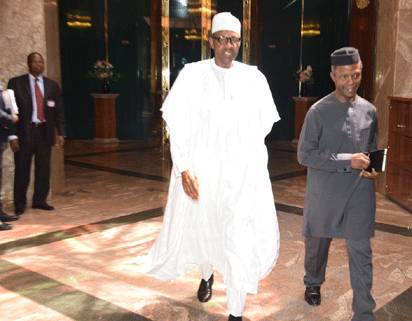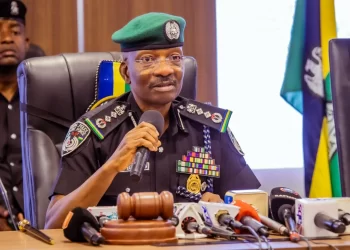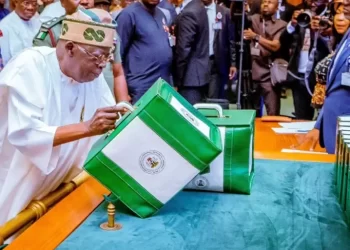President Muhammadu Buhari and Vice President, Prof. Yemi Osinbajo, released details of their assets some days ago. The publication showed that Buhari had less than N30 million in his bank account as at May 29 when he was sworn in as president, while Osinbajo had N94 million, $900,000 and 19 million pounds. Buhari also declared five homes, two mud houses and 270 heads of cattle.
Although the law on assets declaration does not require them to make their assets public, their decision to do so is commendable.
The public declaration is, however, generating criticisms. The point has been made that it came after several promptings by Nigerians. The declarations have also been said not to be definitive and explicit enough, as only the highlights were divulged, without the actual value of some assets. Their liabilities were also not stated.
The Senior Special Assistant to the President on Media and Publicity, Mr. Garba Shehu, confirmed the details of the duo’s assets declaration forms that were earlier submitted to the Code of Conduct Bureau (CCB). The forms are currently being vetted by the agency and we urge it to speedily conclude the process.
The good example of the president and vice president has already been emulated by a federal lawmaker, who reportedly also declared his assets publicly. Most political office holders are inclined not to make their assets declarations public, as the nation’s constitution does not require them to do so. Some are said not to have declared their assets at all, whether privately or publicly.
President Buhari has set a worthy example with the public declaration of his assets. It is important that governors, lawmakers and all other political office holders emulate him to set a high moral tone for this administration.
The challenge, however, is that the Nigerian Constitution does not require that the contents of assets declarations be made public. We urge the National Assembly to amend our laws to make public declaration of assets mandatory.
The late ex-president, Umaru Yar’Adua, is the only Nigerian leader that made his assets declaration public. He also declared his liabilities. The immediate past president, Dr. Goodluck Jonathan, publicly declared his assets when he was vice president, but refused to do so publicly when he became president. He has also not declared his assets publicly since he left office.
Section 140 (1) of the 1999 Constitution (as amended) states that “A person elected to the office of President shall not begin to perform the functions of that office until he has declared his assets and liabilities as prescribed in this Constitution and he has taken and subscribed the Oath of Allegiance and the Oath of Office prescribed in the Seventh Schedule to this Constitution.”
Similarly, Sections 149, 185 and 194 of the Constitution state that ministers, state governors and commissioners must declare their assets before they can perform their official duties. Assets declaration by political office holders in the country is mandatory but making it public is not.
Since the law allows for private declaration of assets, the requirement for declaration is being observed more in the breach.
In 2012, the CCB revealed that out of the 230,298 eligible public officers identified and issued with asset declaration forms for completion, only 109,026 returned their forms for processing and storage. This revelation speaks volumes of how assets declaration is disregarded by our public officials. The law on assets declaration should be obeyed now that the war on corruption is being revived.
Public declaration of assets is one sure way to fight corruption to a standstill in the country. As we await more details of Buhari and Osinbajo’s assets, we urge all elected public officials and political appointees at the federal, state and local government levels to also declare their assets and liabilities publicly.
The CCB should sit up and make public officers declare their assets on assumption of office, and after they must have served their terms. This provision in the Constitution should be taken seriously. Enforcement of the law will greatly help Nigeria in the fight against corruption.












































